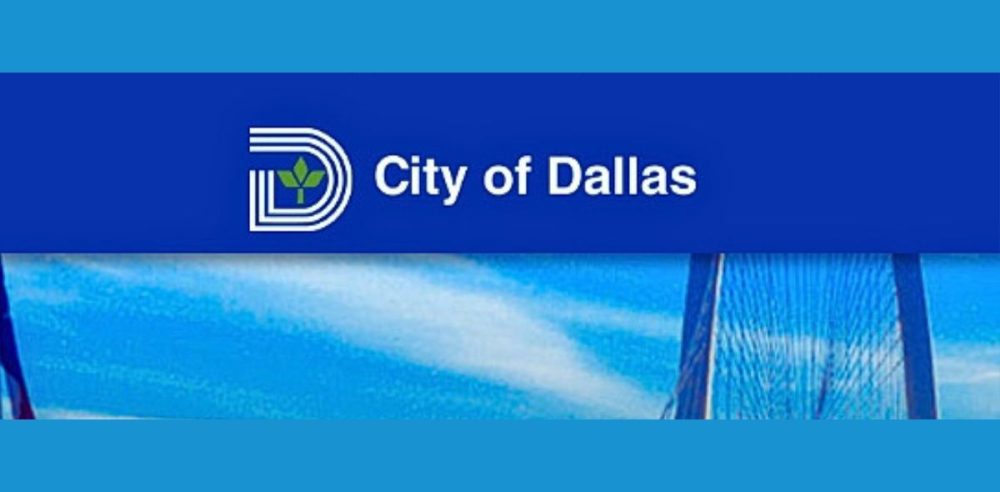In a not-so-subtle move, the City Council revealed a cheat sheet for unelected allies and aligned political groups to undermine — and even dismantle — voter-passed propositions disliked by the political establishment.
The gambit was exposed during a special Council hearing last week, during which the Council received a vote-canvassing report on the election, including voter-backed amendments to the city charter. A last-minute move to scuttle Proposition R (decriminalizing possession of 4 ounces of marijuana) was defeated after some members reminded colleagues their job was to follow the “will” of the people and not decide for themselves what is best.
But that doesn’t mean all members liked it.
Council member Gay Donnell Willis used a portion of her three minutes of allotted speaking time to expose the mechanism for opponents to scuttle the voter-back propositions through an arduous recount of ballots.
Willis teed up a question for City Attorney Tammy Palomino by noting, “There’s a process that would be followed, um, if someone wanted to challenge that.”
Palomino then laid out the process:
“So if you’re asking me who may petition a recount of ballots, it’s the campaign treasurer of a specific purpose political committee that was involved in the election, or 25 or more persons acting jointly who were eligible to vote in the election,” Palomino explained.
Willis pounced: “So it doesn’t have to be an organized group? This can just be voters, residents of the city.”
To many observers, it was as if Willis was baiting a hook for a band of 25 Dallas voters aligned with the Council — and opposed to a proposition — to latch on to a recount petition.
Willis did not immediately respond to a request for comment from The Dallas Express.
The City Council and political establishment had been overt during the run-up to the election over their disdain for several amendments to the city charter.
Chief among them were Propositions S, T, and U, a trio of public safety and accountability-themed amendments known as Dallas HERO.
Proposition S grants Dallas citizens “standing to bring a lawsuit against the City, entitles them to seek declaratory and injunctive relief, and waives the City’s governmental immunity from suit and liability claims.”
Dallas voters passed Proposition S, with 197,523 (55.04%) voting in favor of the change and 161,329 (44.96%) voting against it.
Proposition U amends the charter to “require the City to spend no less than 50% of the annual revenue that exceeds the previous year’s annual revenue to fund the Dallas Police and Fire Pension and increasing starting salaries for Dallas police officers and require the City to have at least 4,000 officers.” It passed with 51% support.
Proposition T, however, failed. It would have amended the Dallas City charter to create a yearly survey of “at least 1,400 Dallas residents” and tie the City Manager’s pay to the results of this survey.
The opposition to Proposition R, the decriminalization of possessing 4 ounces of marijuana, was still apparent at the Council hearing.
“The core of this is that state law preempts our ability to enforce this ordinance,” District 12 Council member Cara Mendelsohn said.


